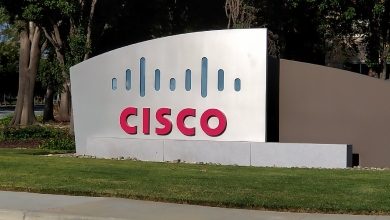
Developments in the areas of network virtualisation, eSIM technology and LPWA networking are currently driving a shift in the market towards a greater diversity of IoT connectivity management services, according to research from Berg Insight.
About 31% of the global installed base of 2.1 billion IoT SIMs were managed using third-party IoT CMPs (connectivity management platforms) at the end of 2021, said Berg.
Cisco is the largest IoT CMP provider through mobile operator partners, Berg said, supporting the IoT operations of more than 60 mobile operators worldwide. The main challengers are Ericsson, Vodafone and MAVOCO.
These providers focus on reducing the complexity associated with multinational deployments of cellular IoT devices. The China-based vendors Huawei and Whale Cloud are key players for that domestic market.
Several IoT MVNOs (mobile virtual network operators), including 1NCE, Eseye and Soracom, also provide white-labelled or branded IoT connectivity services via mobile operators. In addition to being a strategic partner to Deutsche Telekom, 1NCE recently announced a deal with SoftBank, which will sell 1NCE’s IoT services exclusively in 19 markets across the Asia-Pacific region.
The major US-based IoT MVNO Aeris’ acquisition of Ericsson’s IoT business, this month, marks a “significant development in the space”, Berg said.
A first priority for Aeris will be to establish a sustainable business model for the loss-making IoT Accelerator business, added Berg. Depending on the response from mobile operators using the platform, Aeris could potentially develop a managed service offering around the IoT Accelerator, which can be resold by mobile operators.
The new IoT Accelerator Device Connect service already resembles the offering of many IoT MVNOs, in which enterprises can buy managed connectivity services from multiple mobile operators off-the-shelf via the Device Connect global marketplace.


